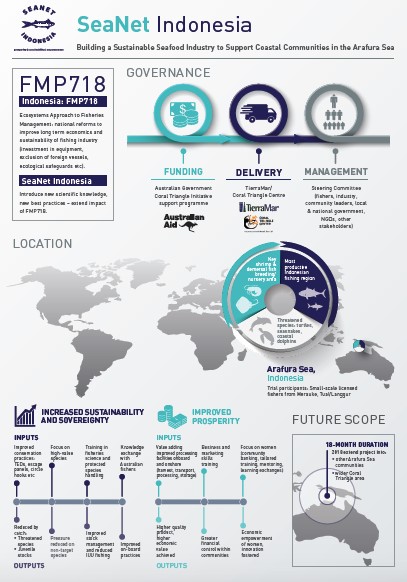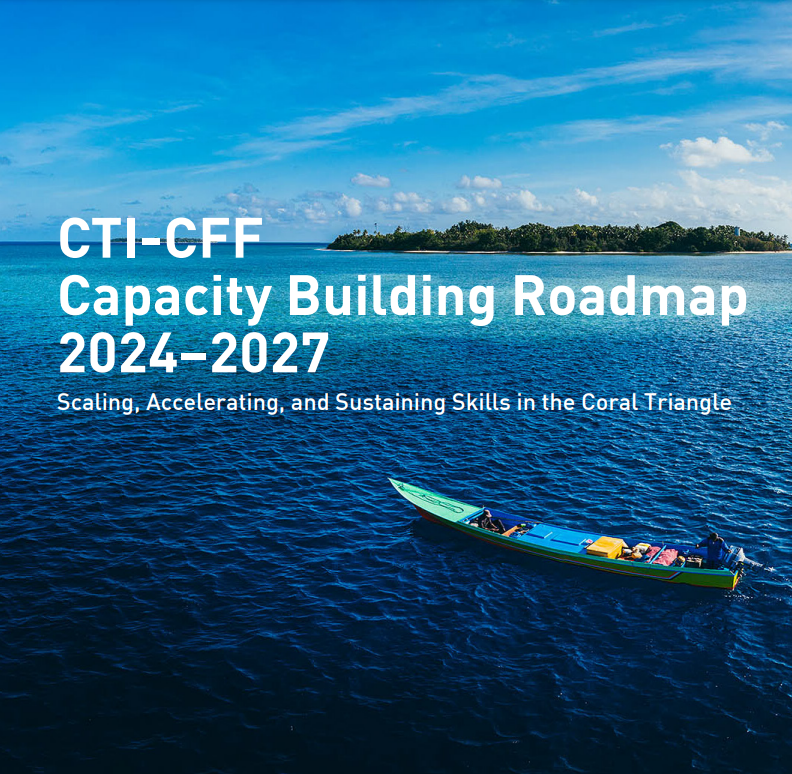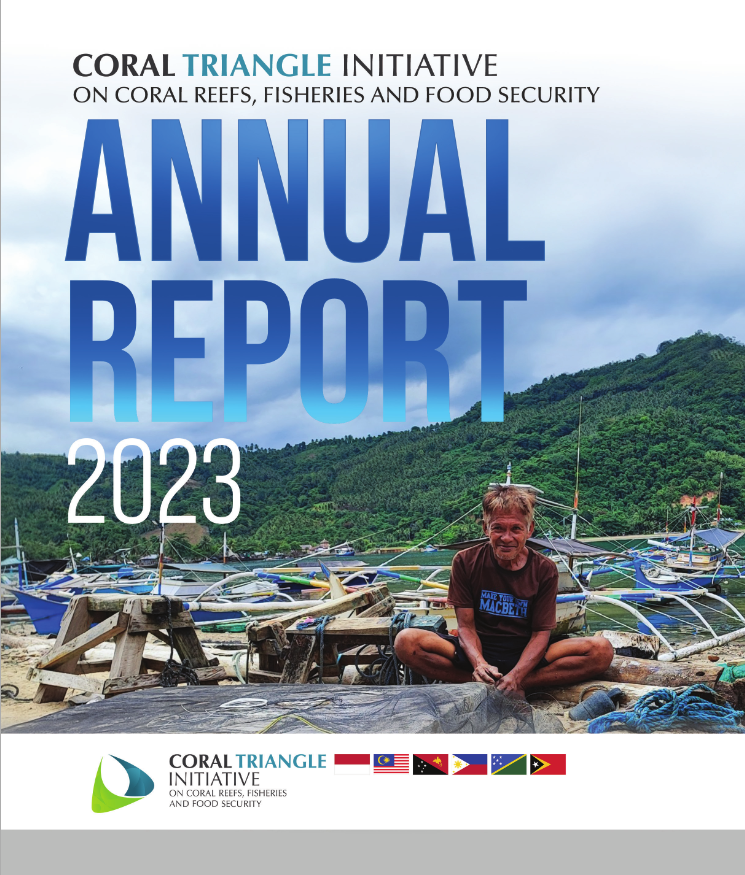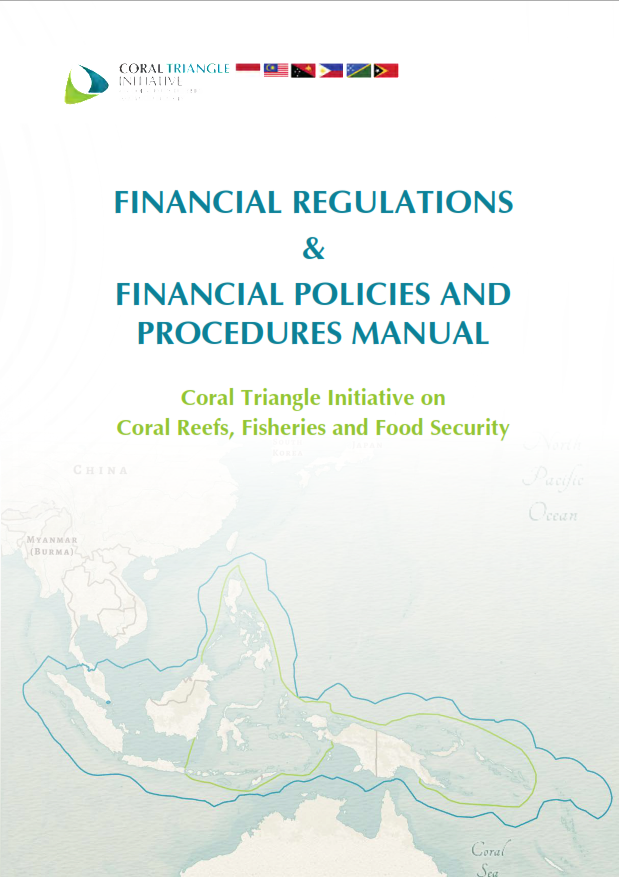New Program to Promote Sustainable Fishing Practices in The Arafura Sea
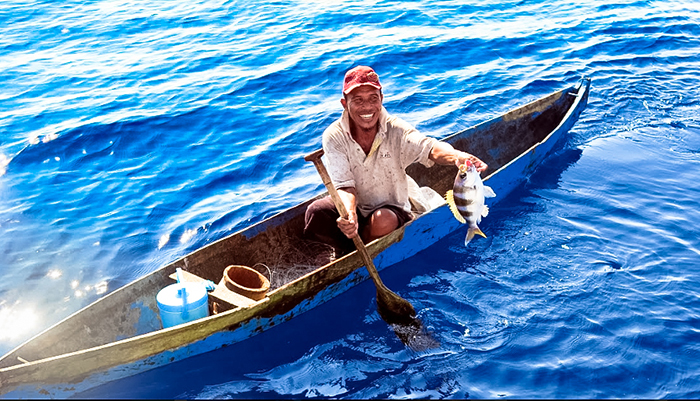
Pic. @Marthen Welly CTC
A new project that supports local fishing communities adopt sustainable fishing methods and promote the sustainable harvest of marine resources in the Arafura Sea has begun in the first quarter of 2017.
The project entitled, 'Building a Sustainable Seafood Industry to Support Coastal Communities in the Arafura Sea' (SeaNet Indonesia), aims to introduce small-scale Indonesian fishermen to sustainable fishing methods, reduce fish entanglement and bycatch of threatened species, and help fishing communities increase the value of their fisheries products through improved post-harvest handling. It will also focus on improving financial returns for women engaged in fish processing and sales.
The 18-month project is being implemented by Tierra Mar, in partnership with the Coral Triangle Center, which will host the program within Indonesia. It is funded by the Australian Government's Coral Triangle Initiative Support Program.
SeaNet Indonesia also supports the Indonesian Government’s sustainable fisheries management reform programs to improve the long-term economic viability of its fishing industry and the sustainability of its fish stocks. The reforms introduced by the government, such as exclusion of foreign fishing vessels, prohibition of trawling and government investment and provision of new vessels and on-shore storage facilities, provide a unique opportunity to introduce new knowledge on fisheries science and new practices such as the use of exclusion devices, focus on high value catch, to fishers and their communities.
The Arafura Sea is one of the most productive fisheries region in Indonesia and supports key shrimp and demersal fish breeding and nursery grounds. It also hosts large populations of threatened species that often become fisheries bycatch such as sea turtles sea snakes and dolphins.
SeaNet Indonesia, which is patterned after SeaNet Australia, is a pilot program for the Coral Triangle as a potential model for fisheries extension across the broader region. The success of the SEANET project will determine the effectiveness of such an extension program to small-scale fishers and their communities and indicate the suitability of extending the program to other communities in the Arafura Sea and elsewhere in the Coral Triangle.

